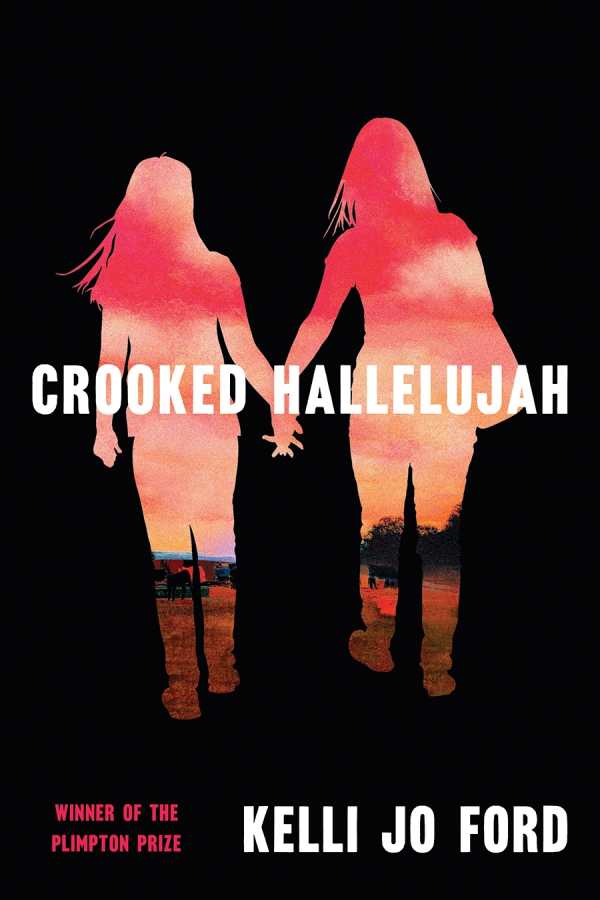Crooked Hallelujah
Three troubled but tough generations of women, all molded and wounded by the Pentecostal culture around them, are celebrated in Kelli Jo Ford’s masterpiece, patchwork novel, Crooked Hallelujah.
Religion became a source of both sustenance and pain when Lula’s husband left her for a non-Native woman. In her grief, Lula accepted the restrictions of the local Holiness Church, dragging her reluctant daughter, Justine, into it along with her. But an act of violence left Justine with the determination to refuse the stifling demands of her mother’s tradition. It also left her with a daughter, Reney.
The book moves through the women’s stories in a dreamy, linear fashion. Justine watches children gather minnows at the site where her own childhood ended. Reney observes as her young mother struggles through strained relationships and backbreaking work. Still, Justine musters the energy to encourage Reney’s wonderment over freed goldfish and wide skies. Later, Reney repeats, and breaks, family patterns.
The women’s stories move from Oklahoma to Texas and back again. They include tornadoes, wounded animals, wildfires, and deaths. Men hurt, awe over, and challenge Justine and Reney, narrating side stories that indicate variations in how they are understood. Only feminine bonds sustain them.
Even through its harsh circumstances and looming disappointments, Crooked Hallelujah maintains a sense of hope, centering the women as sources of light in the tiny communities where they land. Its closing scenes are overt in their biblical tie-ins, but also so consistent with what precedes them that they force rear-gazing considerations: was the divine present in every event of the women’s lives after all? Or was it their fierce, life-giving love for one another that most warranted emulation and awe?
Its events like psalms for mother-daughter bonds, Kelli Jo Ford’s novel celebrates bold, everyday acts of enduring love.
Reviewed by
Michelle Anne Schingler
Disclosure: This article is not an endorsement, but a review. The publisher of this book provided free copies of the book to have their book reviewed by a professional reviewer. No fee was paid by the publisher for this review. Foreword Reviews only recommends books that we love. Foreword Magazine, Inc. is disclosing this in accordance with the Federal Trade Commission’s 16 CFR, Part 255.

